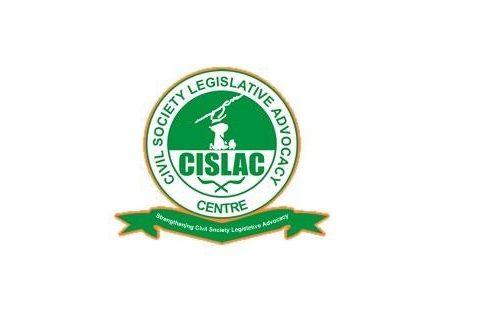Recent investigations have shown that tobacco multinationals have been involved in a $88.6 billion in tax evasion, fraud, and illegal financial transactions within Africa – this discovery has led to a further probe into the case by relevant authorities.
The research provided profiles of the top tobacco firms in South Africa, Malawi, Tanzania, Kenya, Nigeria, Cote Ivoire, Ghana, Egypt, and Morocco, as well as information about their subsidiaries, domiciles, and revenue statistics between 2010 and 2021.
In conjunction with Tax Justice Network Africa, the Civil Society Legislative Advocacy Centre conducted and presented the report with the caption “Tobacco Industry and Illicit Financial Flows in Africa” at a gathering on Wednesday.
Its Primary objective was to compile evidence of the tobacco industry’s extensive involvement in tax fraud and evasion in Africa.
Auwal Rafsanjani, the executive director of CISLAC, responded to the findings by denouncing the harmful effects tobacco has on the society and health of people during an interview with the media.
Read Also: 48 African CSOs urge Senate for tobacco control regulations
Rafsanjani emphasized that a good number of Nigerians pass away annually due to ailments linked to tobacco use.
Regarding the illegal transactions, he said, “We are advocating for the reduction of illicit financial flow, money laundry tax evasion, tax avoidance of tobacco companies which is directly affecting our economy and affecting development in Africa Tax Justice African network.
“We have to show the world the negative effects and manner in which tobacco companies are destroying the health of Africans, and at the same time, promote corruption in the continent. Over the years, tobacco has done a lot of harm to the health and wellbeing of Nigerians and Africans.”
“In abroad, especially in the Western world, the tobacco consumption is reducing but in Africa the consumption rate is increasing.”
“When we look at the major diseases that are killing people across the globe, particularly in Africa, tobacco is at the forefront.”
Additionally, he said, “I think it is important that we work closely with the relevant government to provide alternatives to even those farmers who are actually producing the tobacco on behalf of these companies because they are not even paying them a reasonable amount and they exploit them.”
Tiemtore Salifou, the Economic Community of West African States’ Director of Custom Union and Taxation, also spoke at the occasion and noted that tobacco abuse now ranks as one of the worst challenges plaguing all nations in the globe, causing more than six million deaths annually.
Salifou, who was represented by an official from the Commission, Lucia Ametchowu, stated that reducing tobacco consumption is the most effective way to meet this challenge, noting that the Commission is doing everything possible to reduce its consumption.
The Commission is making every effort to limit the overall intake of tobacco, according to Salifou, who spoke through a Commission representative named Lucia Ametchowu. Salifou said that limiting tobacco usage is the most efficient way to address this situation.
He said, “Significant progress has been made in the area of reduced tobacco consumption by governments around the world including high levels of taxation.”
“The situation in West African Countries shows the lack of use of taxation and the lack of synergy between research, advocacy and policy-making in tobacco control.”
“As a result of this, the Commission adopted a directive harmonizing excise duties on tobacco products that set out a minimum excise duty rate of 50%. The rate applies whether the products are imported or manufactured.”
Tobacco has long been a silent disaster in society killing a considerable number of people yearly – especially with its addictive effect, it has posed threats to the health of its consumers.

